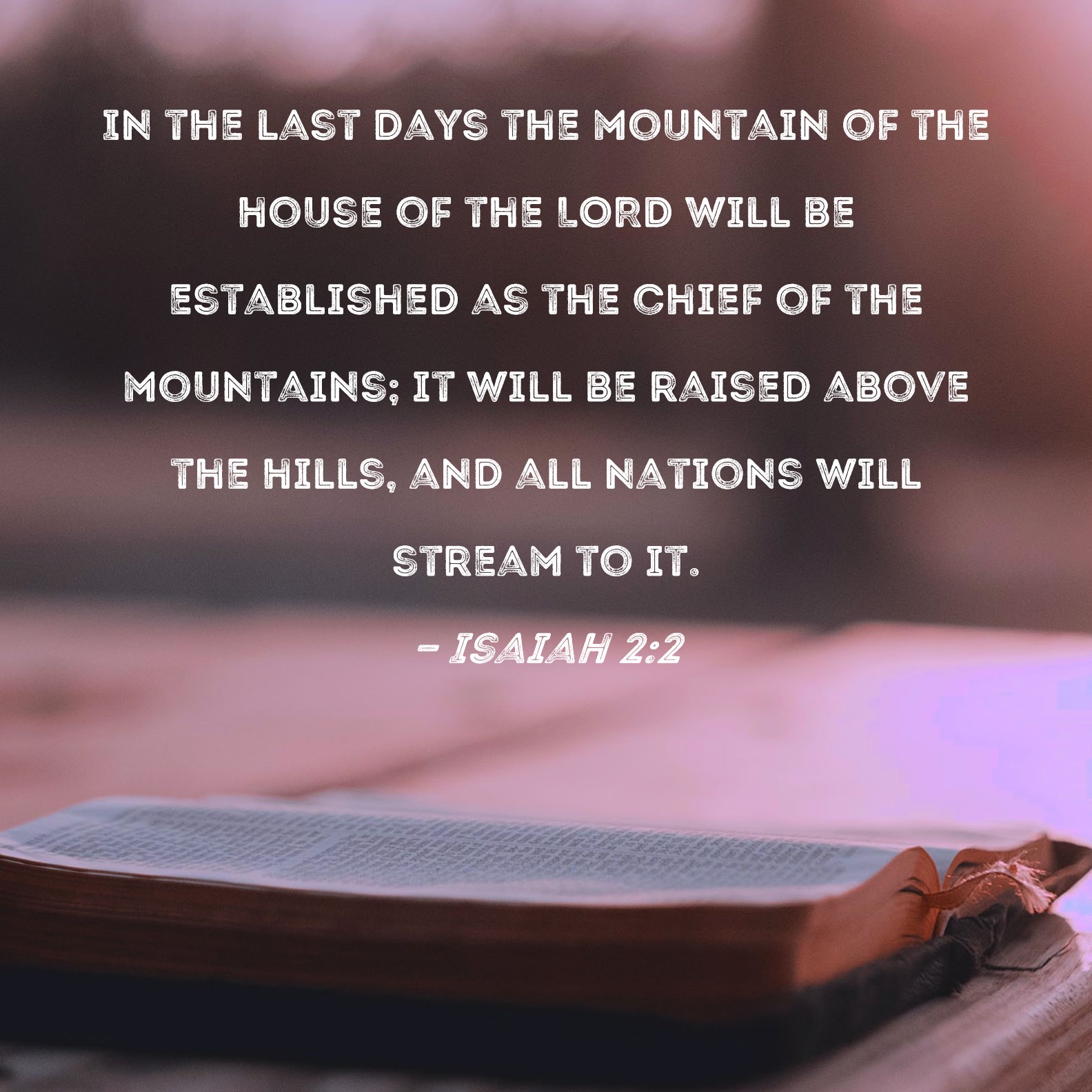buttercup
Diamond Member
- Apr 9, 2010
- 12,295
- 9,416
- 2,220
Cyrus the Great was a beno
I certainly do believe the Bible. I don't change what it says. Isaiah is about the end of the exile.
That's not what you've said before, and that's certainly not what your posts show, day in and day out.
Again, as 1 Corinthians 2:14 says, the natural person cannot understand the things that come from the Spirit. You still have not addressed that. You keep ignoring that. Why? Do you not believe that scripture?
Your preterism is not only wrong, it is so blatantly and obviously wrong that it's not even worth the time to debate it. And because you view everything in the Bible through that spiritually blind, Spirit-less, and blatantly wrong preterist lens, you're inevitably going to get pretty much everything wrong.
Which you do, daily, and most of us here know that full well.

